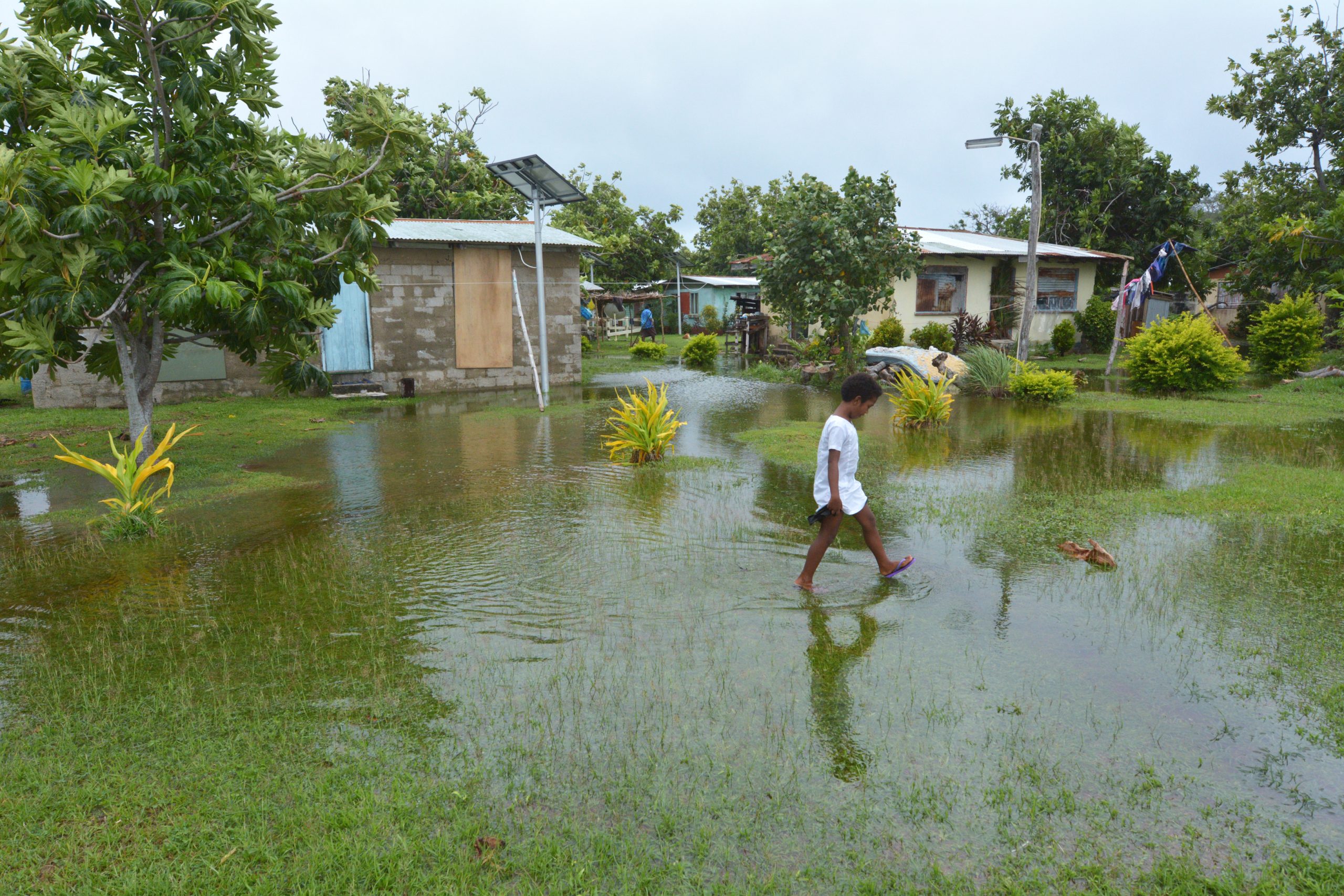21. Structured partnerships are central for SIDS sustainable development. The
SAMOA Pathway acknowledged this with its partnerships model. Discussion focused
on the need to build on the SAMOA pathway to enable partnerships to improve
development effectiveness in SIDS. Effort is required to ensure aid aligns with SIDS
priorities, and capacity limitations and barriers to implementation are overcome.
Quality of aid in SIDS is often poor, with support often uncoordinated and projectized,
mainly due to capacity and the small scale of interventions in SIDS.
22. Attendees pointed to the need to improve coherence and technical support to
improve impact of aid. The Principles for Improving Aid Impact in SIDS, launched in
December 2022 by the UK, Canada and AOSIS, with the support of UN agencies and
the OECD, provide guidance to development partners and SIDS on tackling these
issues. Partners need to work together to implement these Principles. The OECD is
developing a Transition Finance Toolkit, which has found that SIDS are often ill-prepared for graduation from ODA eligibility and greater support from donors is
required, for example, on capacity building and domestic resource mobilisation.
Donors should coordinate their approach with SIDS, recognising capacity limitations.
Public financial management and accountability systems similarly should be
prioritised. For SIDS, quality of support is likely to generate the fastest improvements
in efforts to support resilience on the ground.
23. Further coordination of advocacy efforts is likely to improve outcomes.
Regional bodes such as the Pacific Island Forum (PIF), African Union (AU), and
Caribbean Community (CARICOM) offer platforms for coordination. Similarly, a
graduation club for SIDS was suggested to share best practices and share technical
assistance for transition finance.
-
Wilton Park reports are brief summaries of the main points and conclusions of a
conference. The reports reflect rapporteurs’ personal interpretations of the proceedings.
As such they do not constitute any institutional policy of Wilton Park nor do they
necessarily represent the views of the rapporteur. Wilton Park reports and any
recommendations contained therein are for participants and are not a statement of policy
for Wilton Park, the Foreign, Commonwealth and Development Office (FCDO) or His
Majesty’s Government.
Should you wish to read other Wilton Park reports, or participate in upcoming Wilton Park
events, you can find out more here.
To receive our monthly bulletin and latest updates, please subscribe here.
